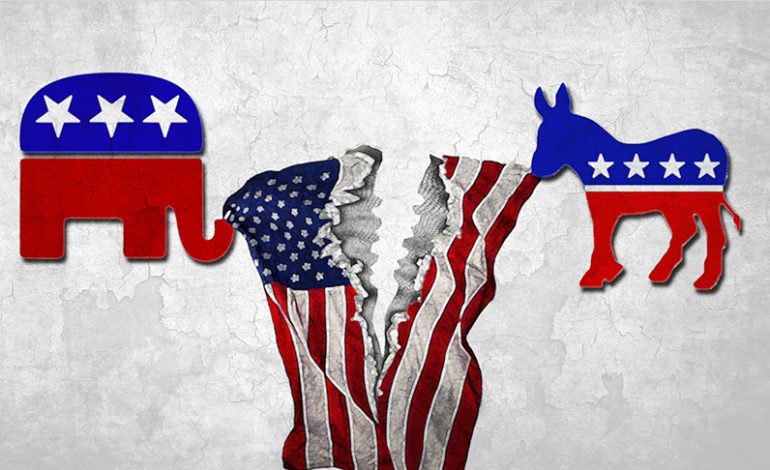The current American political climate displays serious challenges. Too often there is a tendency to be drawn to conflict and control rather than cooperation and collaboration. The self-interest of the few frequently outweighs attention to the common interest.
Are controlling tendencies inherent or is experience a greater factor? If experience matters, what experiences contribute to this outcome, and what can we do to improve the outcome?
Such important questions and others need to be examined so that we can be guided to greater political cooperation for the common interest.
Child-Mother Bond, Later Behaviors, Power and Control
Let’s explore attachment, the deep and enduring emotional bond between a child and mother. The child seeks closeness and feels more secure when in the presence of the mother. Attachment research explains how the mother-child relationship influences subsequent behavior.
From decades of American studies, insecure attachment is epidemic and shown to be over 50%. It starts early. Nurses’ ratings of the mothers’ interest in their new babies accurately predicted future quality of attachment. The level of attachment we have as infants influences later behaviors and relationships. For example, insecure infant attachment patterns predict problem behaviors in preschool children.
The long-term effects and any emotional pain from our insecure attachment as children gets passed on to our children, who turn out similarly. Researcher Mary Main found that her attachment assessment of adults based on their childhoods corresponds to the attachment classification of their children 76 percent of the time. Another study found a correspondence of 85 percent.
Secure attachment requires extended contact between the child and mother. During the first year of life, practically all Finnish children (99%) are cared for by their parents at home. In contrast, more than half of American mothers with infants work outside the home. This contributes to the higher rate of attachment disorder in American infants.
In a study comparing Finnish and American participants, Finnish infants scored significantly higher than American infants on measures of smiling and laughter. American infants scored significantly higher on fear. When one is fearful, one wants power and control.
Empathy Development
Attachment is related to synchrony, the ability of mothers and infants to respond to each other by matching emotions and behaviors. A longitudinal study looked at synchrony and the development of morality. It found that mother-infant synchrony measured in the first year of life (3 and 9 months) was directly associated with empathy level in childhood and adolescence (6 and 13 years). Specifically, the more mothers and infants matched and influenced each others’ behaviors during face-to-face play in infancy, the more empathy was expressed by the child during mother-child conversations that occurred during middle childhood and adolescence. In general, maternal warmth has been found to be an important factor in promoting empathy development.
Toddlers and children who had parents who were observed to display more warmth toward them during a variety of interactions in their home and in a laboratory setting tended to be more empathic. The way that parents talk to their children about emotions also appears to affect empathy development. For example, the degree to which parents direct their children to label emotions is associated with children’s emotional concern for others. The degree to which parents provide explanations concerning the causes and consequences of emotions is associated with more attempts by the child to understand others’ emotions.
The ability to empathize is important for promoting positive behaviors toward others and facilitating social interactions and relationships. Empathy is involved in the internalization of rules that can play a part in protecting others. Significantly, it may be the mechanism that motivates the desire to help others, even at a cost to oneself. In addition, empathy plays an important role in becoming a socially competent person with meaningful social relationships.
Infancy and Politics
With the development of empathy starting in infancy, the experience of infants contributes to their later political views and behaviors. Depending on their experience, they may become adults with empathy or become attracted to seeking power and control, politically and otherwise. The quality of care by parents can make the difference. With more awareness, parents can make better choices.

